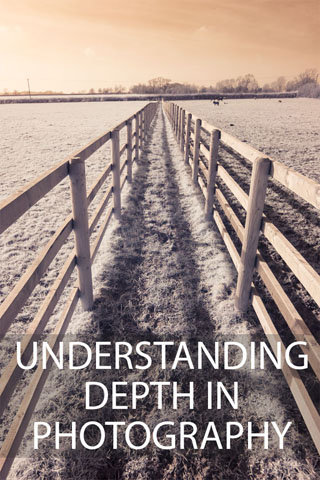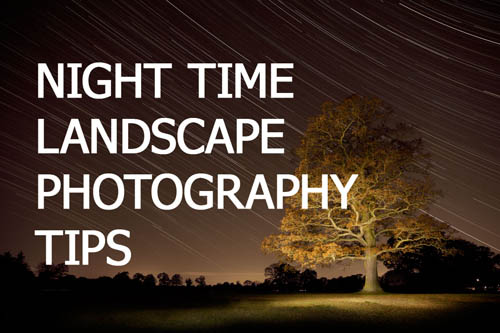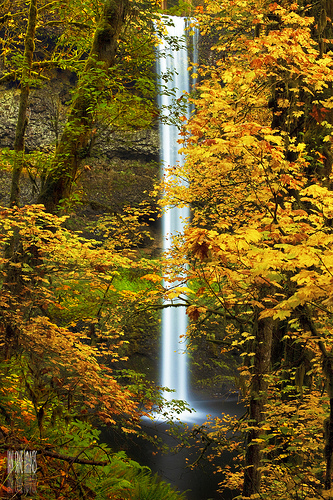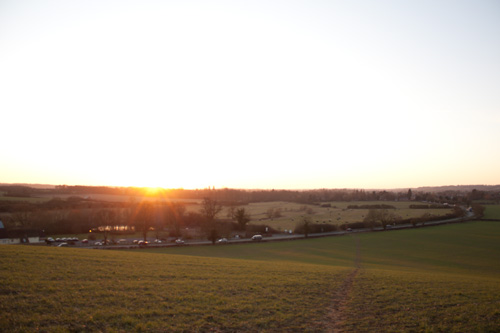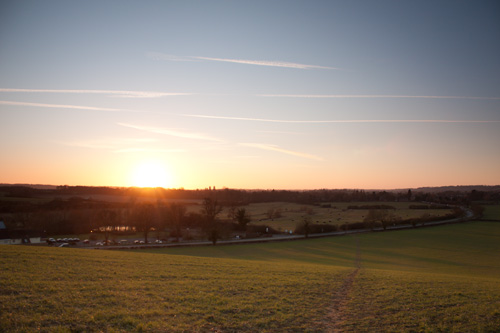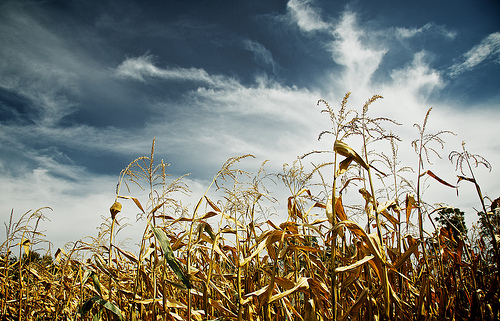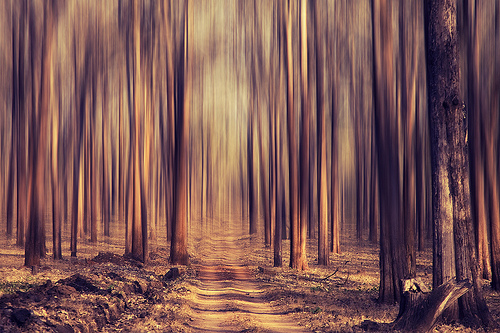Understanding Depth in Photography
Photographs are 2D captures of our 3D world. Yet we can still understand the form of items in photographs thanks to depth cues. In some cases, such as abstract and trick photography, it may actually be preferred to avoid anything in the photo that indicates depth.
Understanding the different depth cues that can be used in a photo can help you make stronger photos. When you know these cues you can ensure you include them to make an image more '3D', or ensure you don't include them for a flatter '2D' look.
Read the rest of this entry »